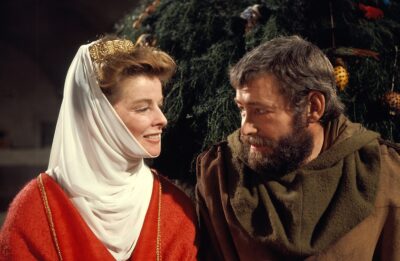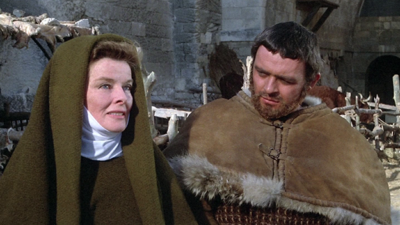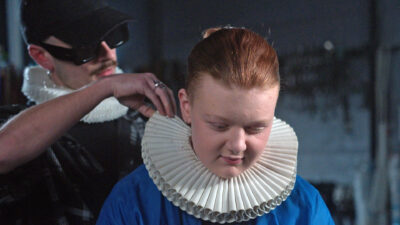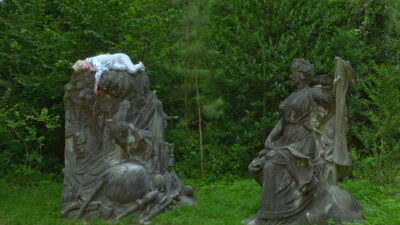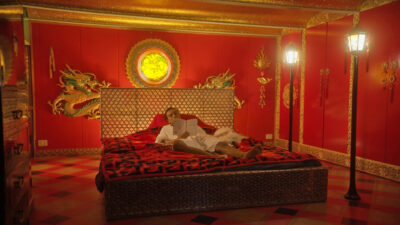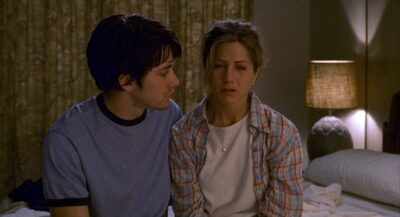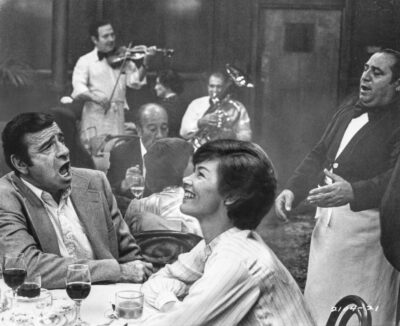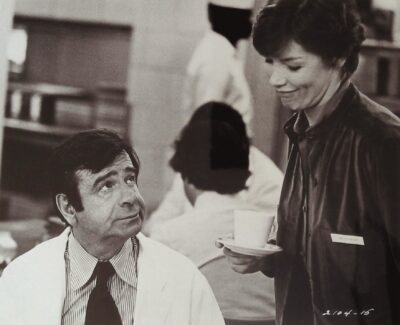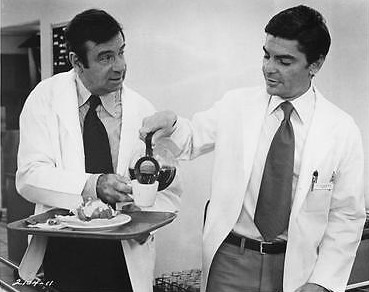The latest deadpan gem from living legend Aki Kaurismäki is a romantic comedy, but discard any preconceived notions about what that connotes. Fallen Leaves looks, sounds and moves audiences unlike a typical, predictable rom-com or most movies, for that matter. It’s sui generis and will almost certainly make the Oscar shortlist for Best International Film, and rightly so. The nation’s top film critics agree, declaring it one of the best movies of the year:
*
“[A] weirdly beguiling delight.” ~ Peter Sobczynski, RogerEbert.com
“Aki Kaurismäki’s deadpan dark comedy dips with style and just a hint of weird whimsy into the lives of his working-class characters, and the tableaux he crafts give off the whiff of a Finnish spin on Hopper’s alienated figures.” ~ Alissa Wilkinson, Vox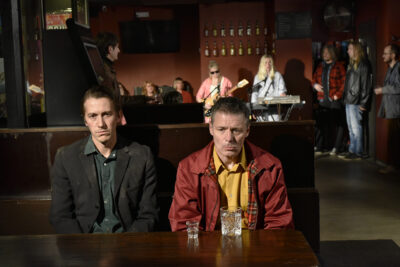
“Fallen Leaves is, for all its intended quietness, one of the most trenchant works about modern life to emerge in cinemas, post-pandemic.” ~ David Sims, The Atlantic
“Aki Kaurismäki’s latest is deeply alert to the sensory pleasures of the world.” ~ Carson Lund, Slant Magazine
“Fallen Leaves, short, sweet and utterly delightful, is the kind of movie that’s so charming, you want to run it back the moment it’s over.” Jake Coyle, Associated Press
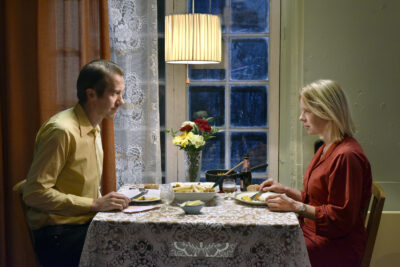
“The key to this movie’s winning emotional delicacy is its formal sturdiness. Every shot has a specific job to do and does it well. The performances are measured and restrained.” ~ Glenn Kenny, RogerEbert.com
“There’s life boiling under the simple surfaces, which is both Kaurismäki’s aesthetic mantra and his great theme. At their best, these quiet, cool films tear you to pieces. Fallen Leaves already feels like one of his signature works.” ~ Bilge Ebiri, New York Magazine/Vulture
We open the film Wednesday, November 22 at the Royal and December 1 at the Laemmle Glendale, Monica Film Center and Town Center.

